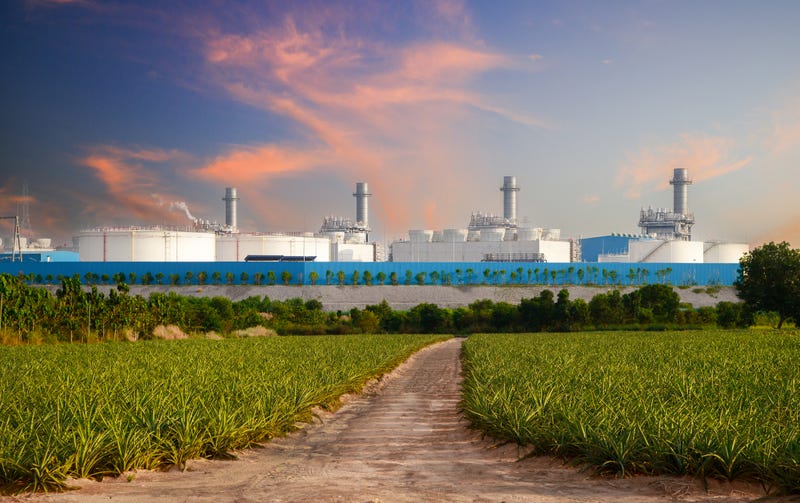
Facing projections of spiking energy demand, U.S. states are pressing for ways to build new power plants faster, as policymakers increasingly worry about protecting their residents and economies from rising electric bills, power outages and other consequences of falling behind Big Tech in a race for electricity.
In Missouri, utilities including Evergy and Ameren, labor unions, and the state's top utility regulator are backing legislation to repeal a nearly half-century-old law preventing utilities from charging customers to build a power plant until it's operational.
The law was approved in a 1976 voter referendum when states were looking to hedge against utilities saddling ratepayers with financing upfront, potentially bloated, inefficient or, worse, aborted power projects.
Consumer and environmental groups protested the bill, saying it would result in new natural gas plants that are likelier to be more costly to ratepayers.
Last year, similar legislation passed almost unanimously in Kansas, along with companion legislation extending tax breaks to new power plants.
Within months, Evergy announced alongside the state's leaders that it would build a pair of 705-megawatt natural gas plants, saying the legislation will “help Kansas compete with other states for investment and ultimately save customers money.” Those plants are planned for south-central Kansas, with locations in Reno & Sumner counties.
John Coffman, the utility consumer counsel for the Consumers Council of Missouri, said utilities are playing the two states, Kansas & Missouri, against each other, and were planning to build the power plants anyway.
But, he said, “They're just looking for opportunities to squeeze more money out of the process."
Some states are dangling financial incentives. Others are undoing decades of regulatory structures in what they frame as a race to serve the basic needs of residents, avoid a catastrophe and keep their economies on track in a fast-electrifying society.
The spike in demand for electricity is being driven, in large part, by the artificial intelligence race as tech companies are snapping up real estate and seeking power to feed their energy-hungry data centers. Federal incentives to rebuild the manufacturing sector also are helping drive demand.
In some cases, Big Tech is arranging its own power projects.
But energy companies also are searching for ways to capitalize on opportunities afforded by the first big increase in electricity consumption in a couple of decades, and that is pitting state political leaders against each other for the new jobs and investment that come with new power plants.
Moves by states come as a fossil fuel - friendly President Donald Trump and Republican-controlled Congress take power in Washington, D.C., slashing regulations around oil and gas, boosting drilling opportunities and encouraging the construction of pipelines and refineries that can export liquefied natural gas.
States are seeking action, with the National Governors Association asking Congress to make it easier and faster to build power plants and criticizing the U.S. as among the slowest developed nations in approving energy projects.
But there may be less that the federal government can do right away about a looming power shortage, since greenlighting power plants to feed the electric grid is largely the province of state regulators and regional grid operators.
